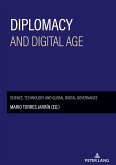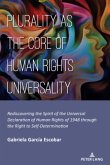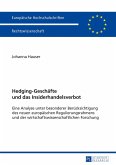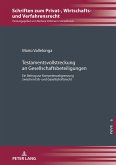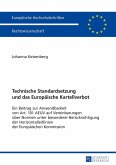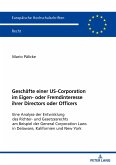Statistics reveal that approximately 85.4% of the world's population follows a religion. Since the 1990s, the study of religion has become increasingly integrated into the foreign policy and diplomatic training of various states. Recently, interreligious dialogue has emerged as a key tool for fostering respect among diverse religious and non-religious perspectives, aiming to mitigate the polarization often associated with societal attitudes toward religious diversity.
This book explores interreligious dialogue as a means of contributing to peacebuilding. It emphasizes the importance of recognizing and protecting the core aspects of religious experience to establish a genuine culture of encounter.
This publication is a collaborative effort between university scholars and international experts, developed within the research group "Interreligious Dialogue & Peacebuilding" led by the Institute of European Studies and Human Rights at the Pontifical University of Salamanca.
This book explores interreligious dialogue as a means of contributing to peacebuilding. It emphasizes the importance of recognizing and protecting the core aspects of religious experience to establish a genuine culture of encounter.
This publication is a collaborative effort between university scholars and international experts, developed within the research group "Interreligious Dialogue & Peacebuilding" led by the Institute of European Studies and Human Rights at the Pontifical University of Salamanca.



